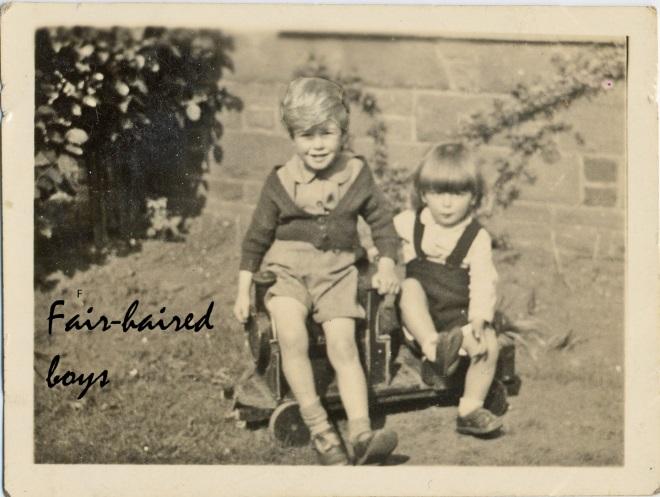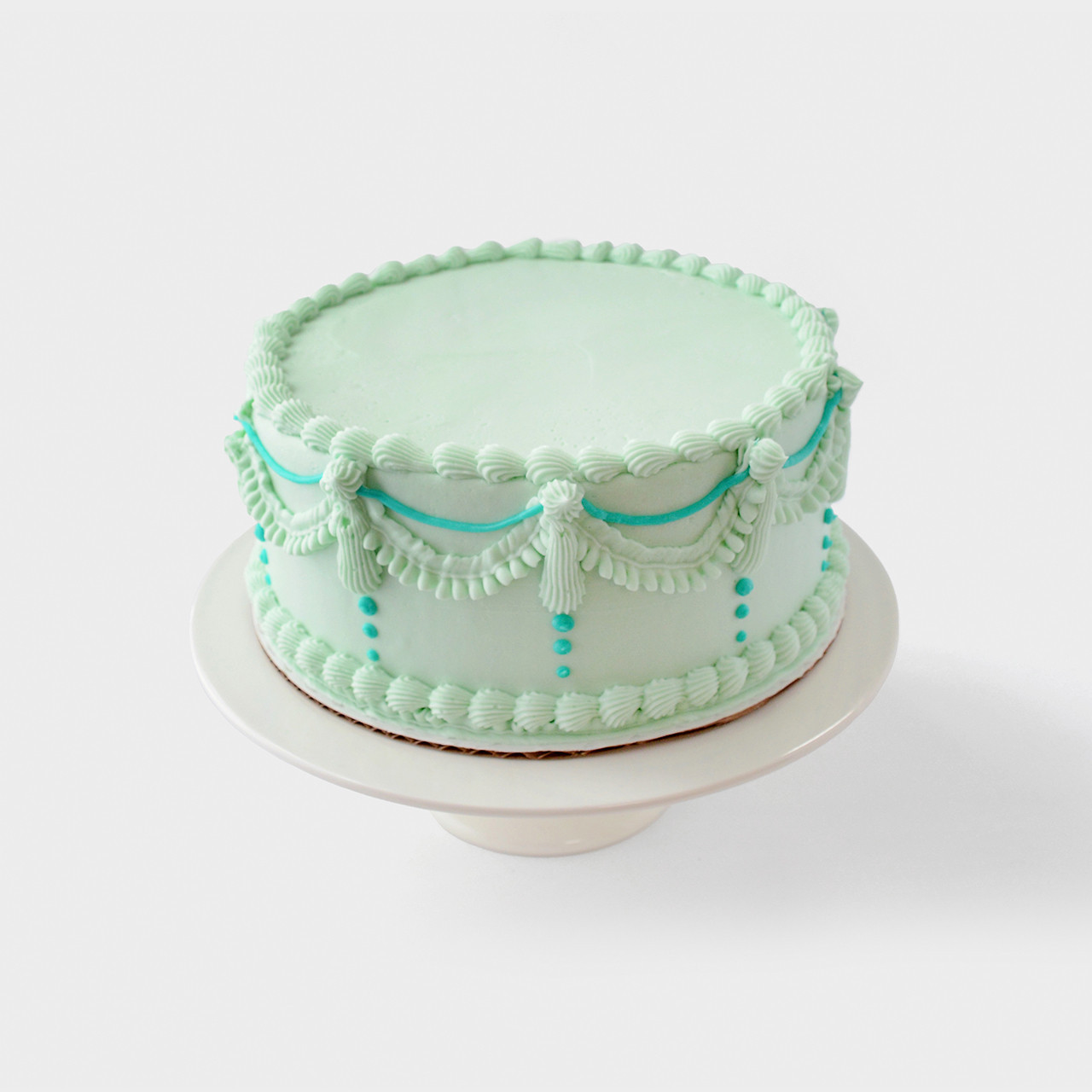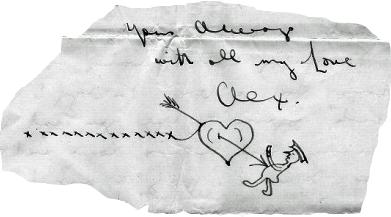Mardrumho Cottage, Strone, Argyllshire
In SWALK, some letters describe my mother’s stay at the Mardrumho Cottage at Strone including her pets, her friend Janet, and missing my father when he’s gone. To read the full version of the letters, check out SWALK (Interactive version).
As mentioned elsewhere, after my parents married on October 4, 1940, my mother moved to lodgings at Woodbank, Dunoon, Argyllshire, to be near my father, stationed at Ardnadam Pier, Dunoon, Holy Loch. Later, she moved to the cottage at Strone and ended up with two cats, Jonah and Poppy.
It seems a Miss Hogg was the owner of Mardrumho Cottage at Strone, where my mother stayed. My father visited her and perhaps stayed there for short periods. The trip to Mardrumho Cottage took perhaps half-an-hour, from where my father worked on the ships at Ardnadam Pier. But even if he were at Ardnadam, I imagine he would still have to sleep in his ship, “Girl Ethel” when he didn’t have leave.
First letter from Strone: 13 Sept 1941
Transcription:
My own dear Alex,
I received your letter and telegram, and they both took a great load off my mind. I’m very much annoyed about Sunday. I can hardly realize that it was Mr and Mrs Harkness that said those awful spiteful things to one another, it was dreadful.
(unclear writing)
At 6.30 on Mon. morning if it were possible, I would have run after you, just to tell you I didn’t mean one of the rotten things I said to you.. Instead I think you are the best boy in the world, and I love you very much darling. I am missing you terrible. You are in my thoughts all the time. I think being parted like this will make us realise each other’s values to one another. My one wish is that you will be back to me soon. Please don’t stay away longer than next Tuesday. (unclear writing)
Send me a telegram when you are coming home, so I will be all prepared for you. You will get a better welcome than a King! I am just longing to give you a great big hug and kiss.
(Incomplete transcription)
Interpretation
This letter criss-crosses the letter written by my father that mentions a half-bottle of whisky. When I was born, my mother was about 28 years old, and already had three children. In other words, the girl/woman in this letter is someone I never ‘knew’. By the time I was ten years old, she was nearly 40. In other words, she had, more or less, left behind her all the young girl romantic ideas of her younger days.
Thus, my experience of my mother when I was a boy of around 10 years old was that she was a woman that pretended to have warm feelings towards me, but that these were not always all that genuine. I’m not saying she wasn’t a caring mother – but that she lost something ‘along the way’. Of course, this is only to be expected – how many women can fully love equally their husband and five children after 20 years of marriage? After all, mothers are not super-human, although they often do much better than fathers!
My mother is certainly the ‘romantic’ in this letter, especially the last lines. Ha ha! This is a mother I never knew! ☺
Second letter from Strone: 17 September 1941
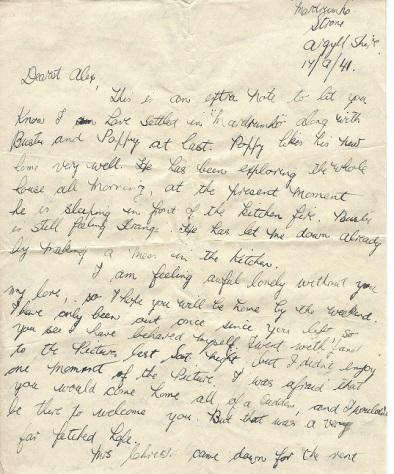
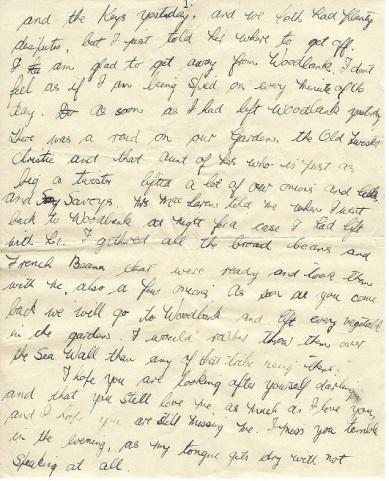
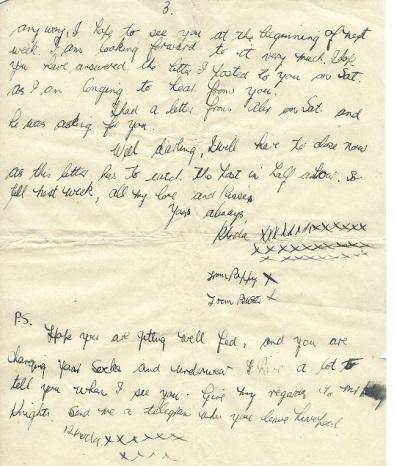
Transcription and interpretation
“This is an extra note to let you know I have settled in Mardrumho along with Buster and Poppy at last. Poppy likes his new home very well. He has been exploring the whole house all morning; at the present moment he is sleeping in front of the kitchen fire. Buster is still feeling strange. He has let me down already by making a mess in the kitchen.
I’m feeling awfully lonely without you my love, so I hope you’ll be home by the weekend. I’ve only been out once since you left so you’ll see I have behaved myself. I went with Janet to the pictures last Saturday night but I didn’t enjoy one moment of the picture. I was afraid that you would come home all of a sudden, and I wouldn’t be there to welcome you. But that was a very far-fetched hope.
…
I hope you’re looking after yourself darling and that you still love me as much as I love you and I hope you are still missing me. I miss you terrible in the evening as my tongue gets dry with not speaking at all. Anyway, I hope to see you at the beginning of next week. I’m looking forward to it very much. I hope you have answered the letter I posted it to you on Saturday, as I’m longing to hear from you.
I had a letter from Alex on Saturday and he was asking for you.
Well darling, I will have to close now as this letter has to catch the last post. All my love and kisses.
Yours always,
Rhoda, xxxxxxxxxxxxxxxxxxxxxxxxxxxxxxxxx
From Poppy X
From Buster XPS. I hope you’re getting well fed, and you are changing your socks and underwear. I have a lot to tell you when I see you. Send me a telegram when you leave Liverpool.
Rhoda XXXXXXXXX”
Janet and the cats
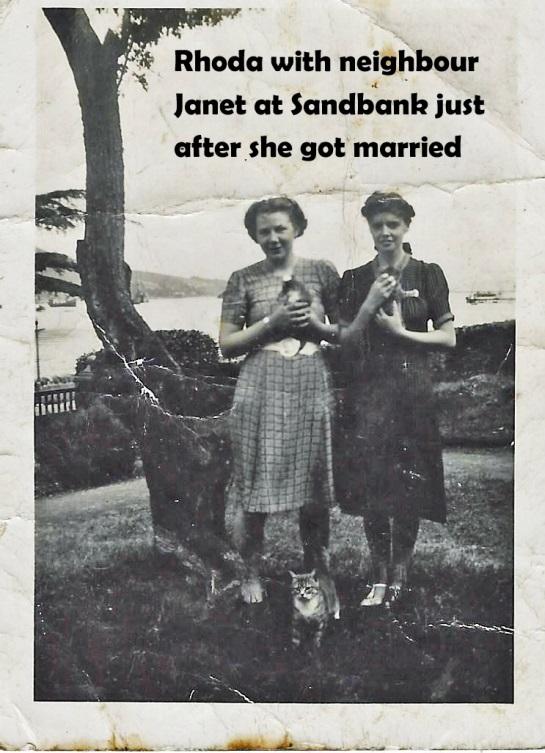
My mother mentions going to the pictures with her friend Janet. You can see her photo with Janet and the kittens at Sandbank.
My mother mentions her dog ‘Buster’. As mentioned elsewhere, according to my brother Gavin, this was Auntie Violet’s dog. She mentions ‘Poppy’ – but says ‘he’. The later ‘Poppies’ we had, as far as I can remember, were female cats. In other words, they have made a ‘mistake’ – because ‘Poppy’ is a name for a female cat. She had another cat in Edinburgh called ‘Jonah’, but ‘he’ was a ‘she’. So, this seems to be a kind of LGBTQ confusion.
As of 2023, the LGBTQ acronym seems to gain a new letter every week. As a translator I hate these opaque acronyms – call a spade a spade, I say! If the acronym gets any longer it will be longer than the alphabet! I won’t say anymore on this subject as I don’t want to risk being a ‘reactionary’ like J. K. Rowling. I could have told you she was a reactionary 25 years ago. As a ‘sharp’ teacher, you can soon spot ‘fake news’ within the world of literature. This became more evident in the Harry Potter films which were just an exercise in reactionary nostalgia, hardly better than the “Heartbeat” series.
Third and Last Letter from Strone: 26 Sep 1941
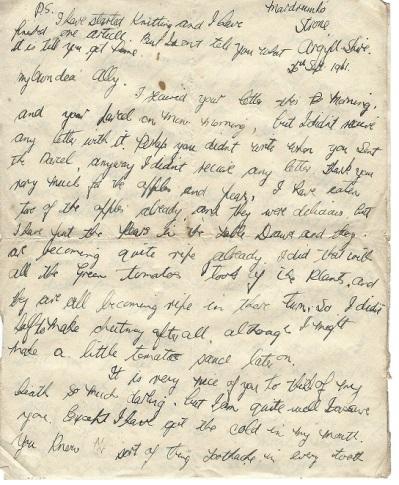
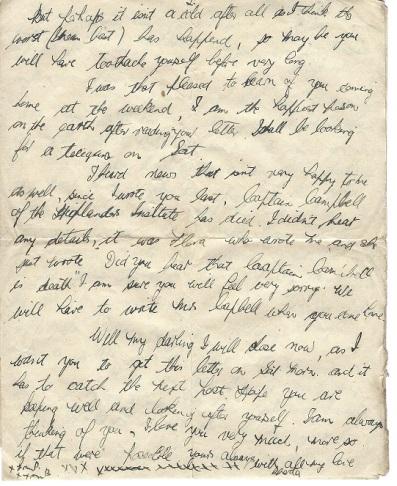
This letter doesn’t say an awful lot. It says she is looking forward to my father coming at the weekend, so this must be around the beginning of October.
My mother comments that she received the wool and the fruit he sent, and that the tomatoes are getting ripe (so she doesn’t have to make chutney). She is starting to knit the jersey.
She comments that Captain Campbell of the Highlanders’ Institute has died (Flora wrote and told her). Captain Campbell was very much alive one year before when she wrote one of her letters from the Highlanders’ Institute, remarking that he had suspected people were stealing things (but it was in his imagination). Perhaps there is some moral to the story here. We should not focus too much on the petty things in life; next year, we might be dead!
English grammar and intelligence
In conclusion, on re-reading this letter, it is obvious that my mother was by far a greater master of English grammar than my father! In other words, elsewhere here I have accused my mother of being ‘simple’ and prosaic. However, this is perhaps unfair. She had little experience of the world. On the other hand, I can remember she used to say to me that she always came ‘top of her class’. This is quite believable from reading the letters.
My father had humoristic and insightful talents but was hardly an academic grammarian. So, it is imaginable – that if they had attended the same school, then my mother would have been at the top of the class, whereas he would have been in the bottom half (at least regarding language skills). So, in other words, although I have suggested elsewhere that there was a class divide between my parents, this was not necessarily the case regarding education – as they probably both finished their formal education at the age of 14.
